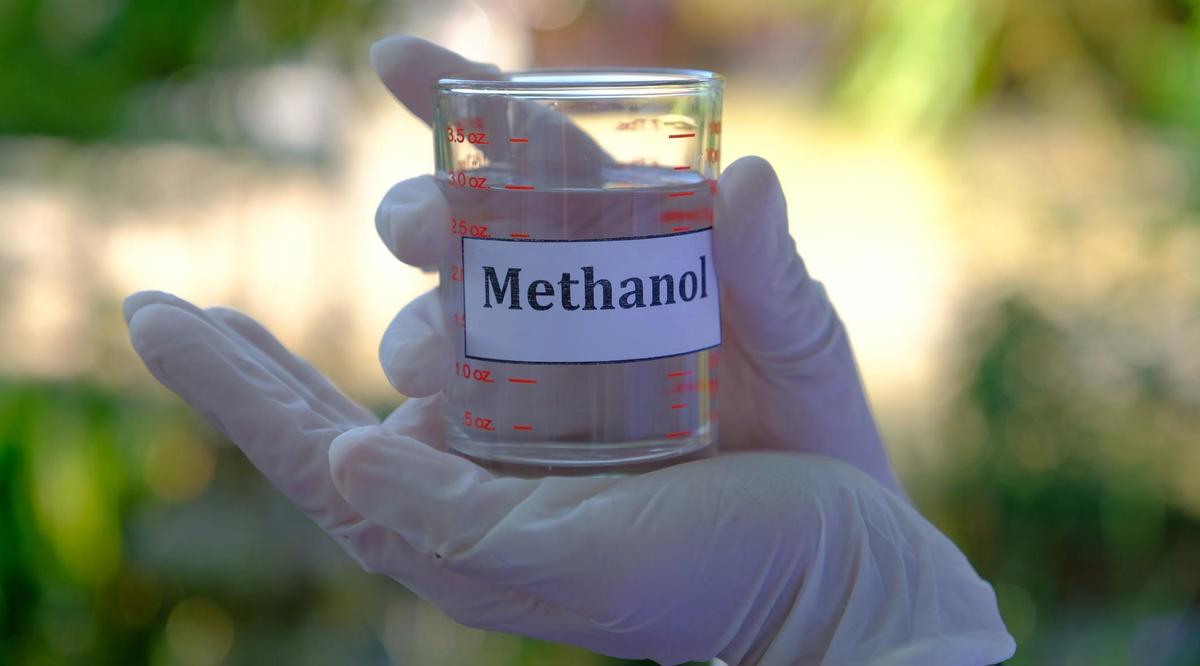Eni wants to produce bio-methanol for bunkering
Italian energy firm Eni wants to build an integrated green hydrogen and bio-methanol production plant at Eni’s refinery in Sannazzaro de' Burgondi in Pavia, Italy to meet the shipping sector's future demand.
 PHOTO: Getty Images
PHOTO: Getty Images
Bio-methanol is produced using sustainable biomass as a feedstock. Organic biomass is used to produce synthesis gas, which primarily consists of carbon monoxide, hydrogen and carbon dioxide (CO2), through a process called gasification. The syngas is upgraded to bio-methanol by further combining it with green hydrogen.
Bio-methanol can reduce maritime emissions by 70-80% on a well-to-wake basis compared to fossil fuels, according to a Methanol Institute report. This is because little to no fossil fuel is required to produce it. But the fuel will still emit CO2 and carbon monoxide, which are naturally present in the waste streams.
Eni’s proposed plant will have the capacity to produce 110,000 mt/year of bio-methanol by synthesising around 200,000 mt/year of “non-recyclable waste” as feedstock. Non-recyclable waste usually includes organic waste and agricultural residues that can be easily degraded in nature.
The waste will be supplied by Italian utility firm Iren from its Ambiente waste processing plant, while the methanol production technology will be supplied by NextChem, a subsidiary of Italian engineering firm Marie Group.
The companies have started the authorisation process to set up the plant, but have still not disclosed a timeline for the project.
By Konica Bhatt
Please get in touch with comments or additional info to news@engine.online






